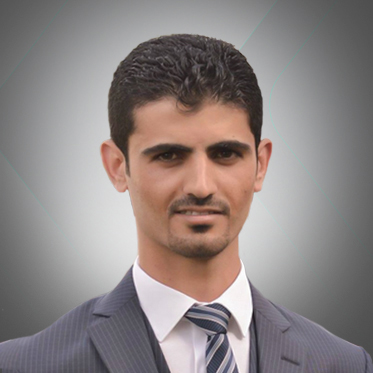Kurds commemorate legendary leader Mustafa Barzani
.jpg)
ERBIL, Kurdistan Region (Kurdistan24) – On Thursday Kurds at home and in diaspora commemorated the 38th anniversary of Kurdish liberation movement leader, Mullah Mustafa Barzani.
Annually on March 1 people of Kurdistan march to the town of Barzan in Erbil where Mullah Mustafa Barzani is buried, to pay tribute to the Kurdish revolutionary leader.
Khalat Barzani representative of the Kurdistan Region President Masoud Barzani to the city of Barzan said that members of various ethnic and religious groups from across Kurdistan Region visit Barzani’s tomb to unite and carry on what the leader strived to achieve.
Osman Ocelan, brother of the jailed PKK leader, in a visit to Mustafa Barzani’s grave said that this leader built Kurdish-oriented policies that paved the way to freedom and independence.
Kurds in Syrian Kurdistan (Rojava) gathered in several cities and areas to pay homage to Barzani’s anniversary.
Late Mustafa Barzani, born on March 14, 1903, joined the Kurdish liberation movement against the Iraqi and Iranian government to press for the rights of the people of Kurdistan.
On June 12, 1943, Barzani alongside with thousands of Peshmerga forces went to Iranian Kurdistan (Rojhelat) to support the establishment of the first Kurdistan Republic in Mahabad declared by Qazi Muhammed in 1945. Barzani was the chief commander of the Republic army.
A People’s Democratic Party (HDP) MP, Kadri Yildirim, in a press conference in Ankara on Wednesday, praised Mustafa Barzani’s role during the short-lived Kurdistan Republic in Mahabad.
Yilidrim added that “Barzani spent his entire life fighting for the rights of Kurdish people.”
Following the collapse of the Republic of Mahabad in 1946, Mustafa Barzani and nearly 500 of his Peshmerga companions moved to the then Soviet Union. He returned home following the coup in Iraq in 1958.
In 1961, after negotiations failed with Baghdad and Iraqi government started military action against people of Kurdistan Region, Barzani led an armed struggle, called “Aylul Revolution,” against the Iraqi forces that resulted in the March 11 Agreement in 1970 between Iraq and Kurds.
In 1975, the Iraqi government refused the autonomy agreement with the Kurds and signed an agreement with Iran that eventually led to the collapse of Kurdish ‘revolution.’
In the same year, Mustafa Barzani traveled to the US to receive medical treatment and passed away on March 1, 1979, at Georgetown University Hospital in Washington.
Editing by Ava Homa
